custom framing styles » Modern frames
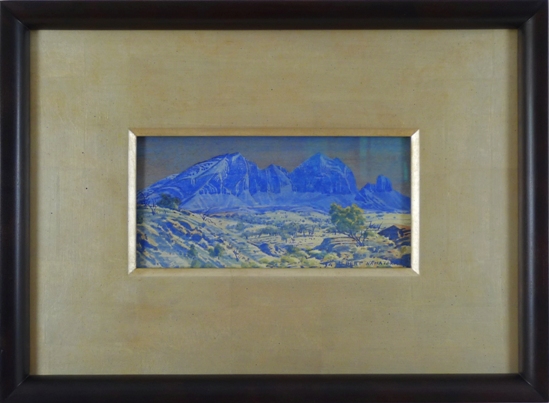
Albert Namatjira (1902-1959), Australian Aboriginal artists, watercolor on wood, wide gilded liner and simple hard wood frame
Modernist frames and Bauhaus style
minimalism
Bauhaus was an early 20th century German school of art, craftsmanship, and architecture that was a foundational factor of influence on the modern art movement. It focused on the fundamental principal that there should be no distinction between form and function: Bauhaus style is marked by the absence of ornamentation and excessive decoration and emphasizes the ongoing harmony between the function of a building and its design. Framing styles of this modernist era exemplified minimal, clean lines and were simplistic, architectural, and precise. It was the frame’s function to highlight a work of art, and according to Bauhaus principle this was achieved due to a frame’s simplicity.


Bauhaus architects designed the frames of buildings with plain glass, steel, and large windows that served the function of permitting ample activity, access, and light for the interior. Commonly appearing in sleek and even textured steel, brass, metal, solid wood, glass, silicon or even plastic, picture frames of Bauhaus and modernist style have the similar goal of uniting practicality with aesthetic appeal. In a sense, the minimalistic quality of a Bauhaus frame would visually recede, making the artwork itself seem to “come forward” toward the viewer. Bauhaus minimalistic frames do not disappear, and they also do not deemphasize the artwork. Rather, the simplicity and clean, straight lines of Bauhaus framing styles work to accentuate and compliment a work of art.
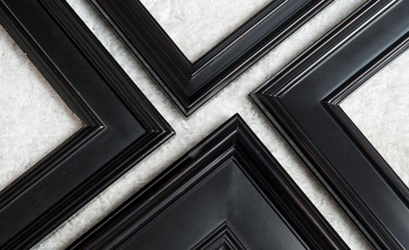




There is also an intriguing modernist theory of a color that unquestionably applies to picture frames. This theory, known as proposed by Bauhaus artist and theorist Josef Albers in his work The Interaction of Color, suggests that colors were governed by an internal and deceptive logic, and its central concept was the “contrasting effects” of form, texture, and—most importantly for Albers—color.1 Albers proposes that because color is absolute, it can create illusions and become deceiving to the eye. The color of a frame, therefore, is crucial to the appearance of an artwork: the color chosen for a frame must compliment the work of art in a way that does not elude or undermine the ultimate viewer experience.
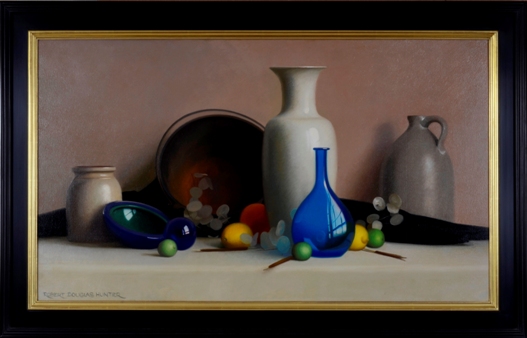


Frank Shepard Fairey, perhaps most famous for series of posters supporting Barack Obama’s 2008 candidacy for President of the United States, including the iconic “HOPE”
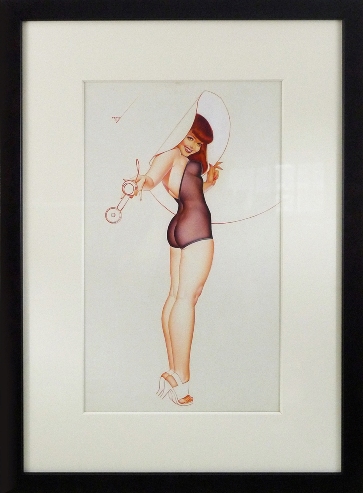
George Brown Petty IV ( 1894 – 1975) Pin-up-girl
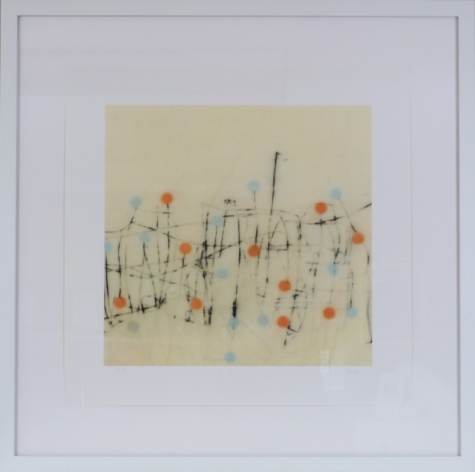
Elegant modern white frame
MAIN WEBSITE: https://www.OliverBrothersOnline.com
Oliver Brothers Custom Framing 117 Elliott Street, Beverly, MA 01915 617.536.2323

